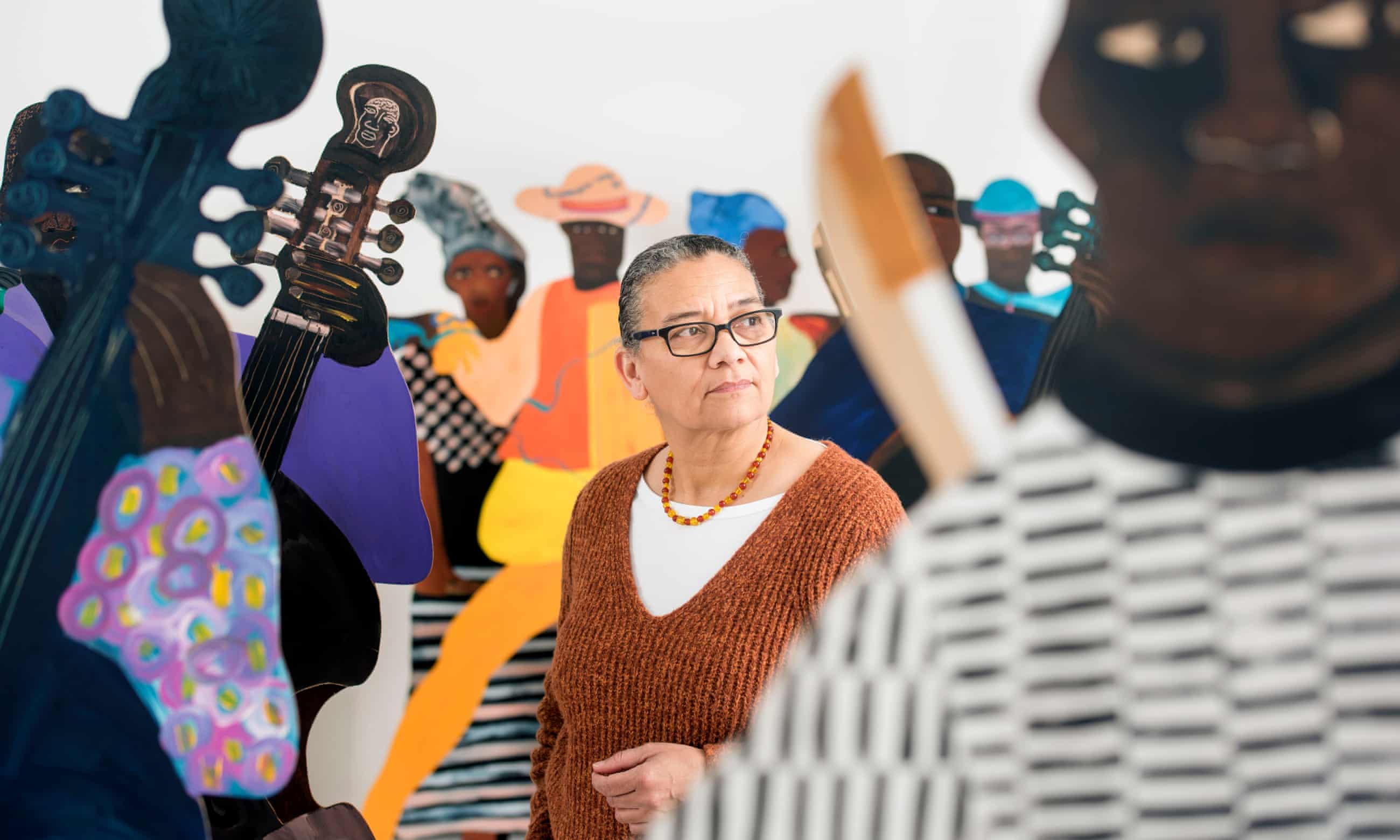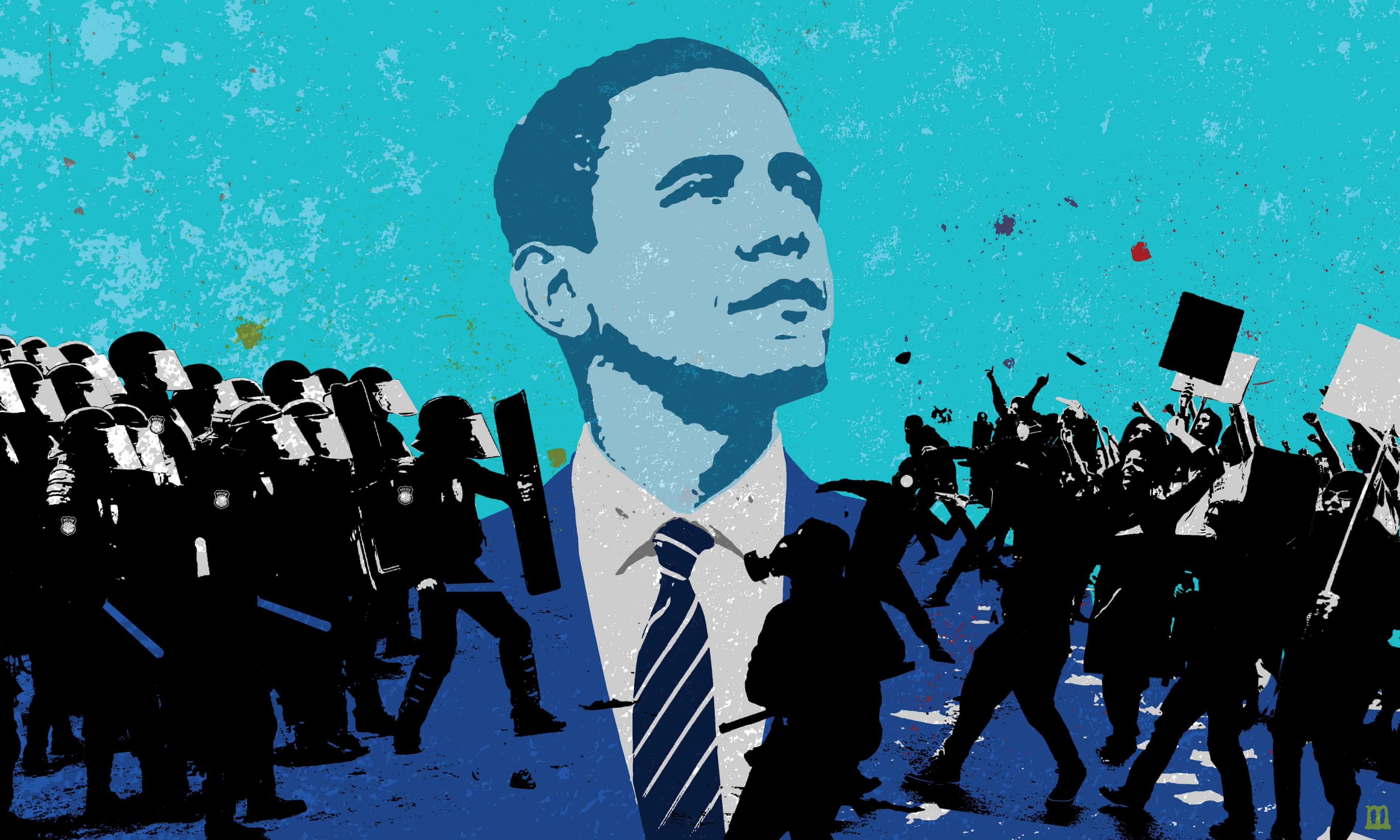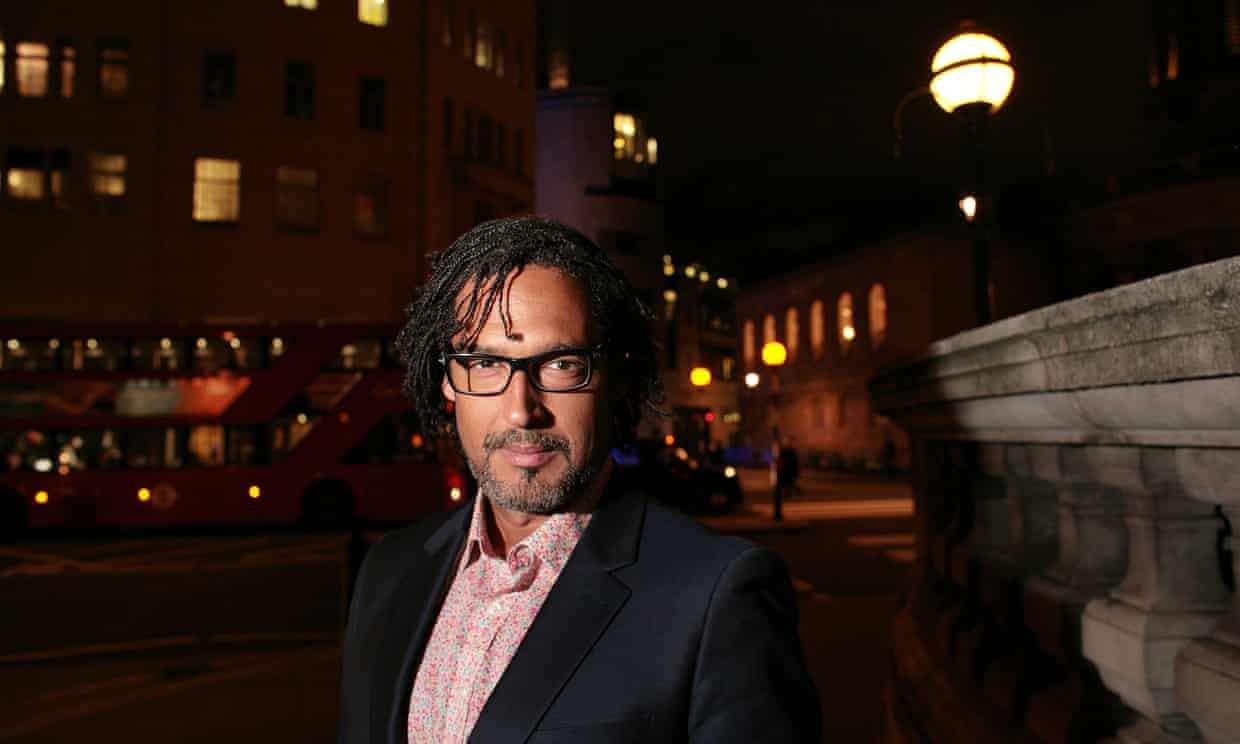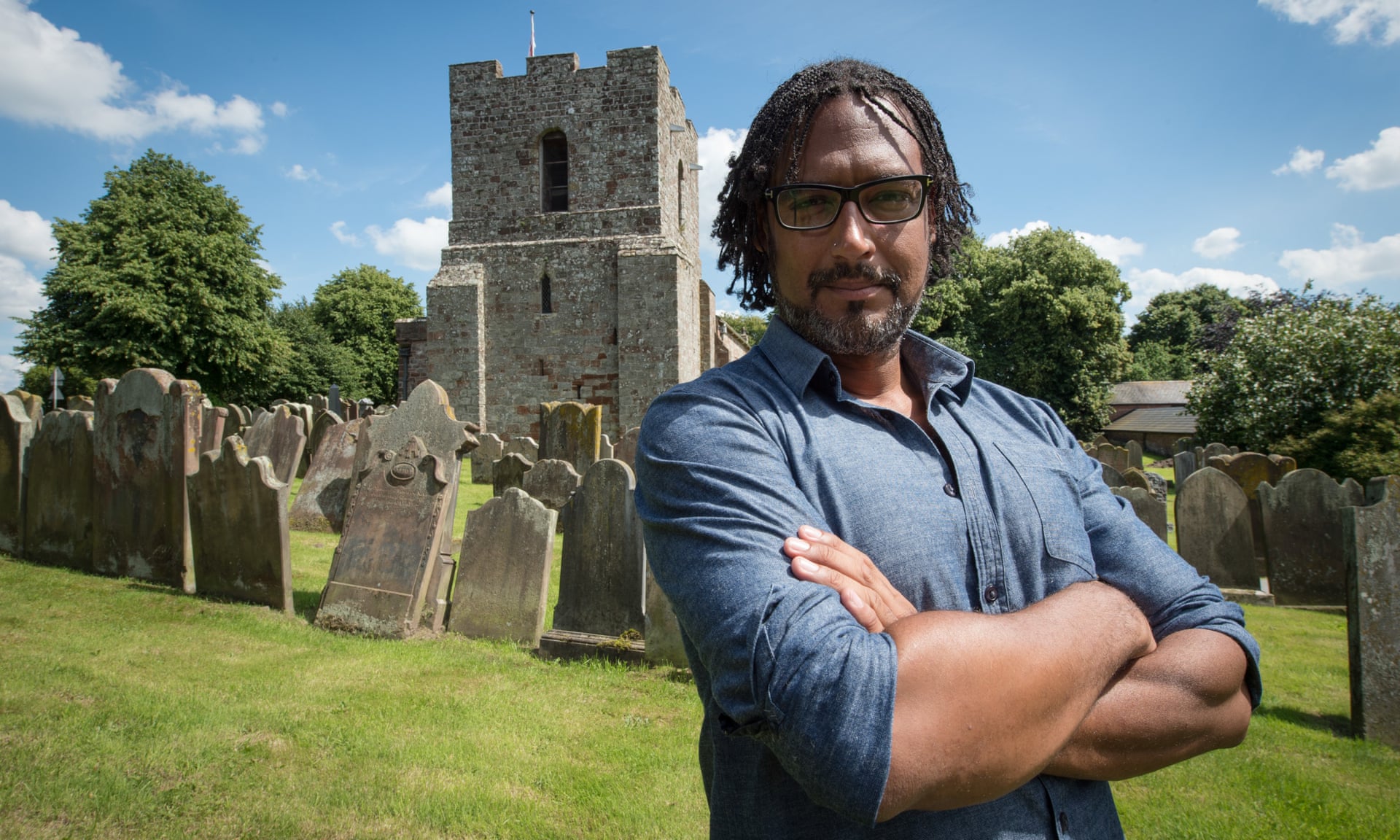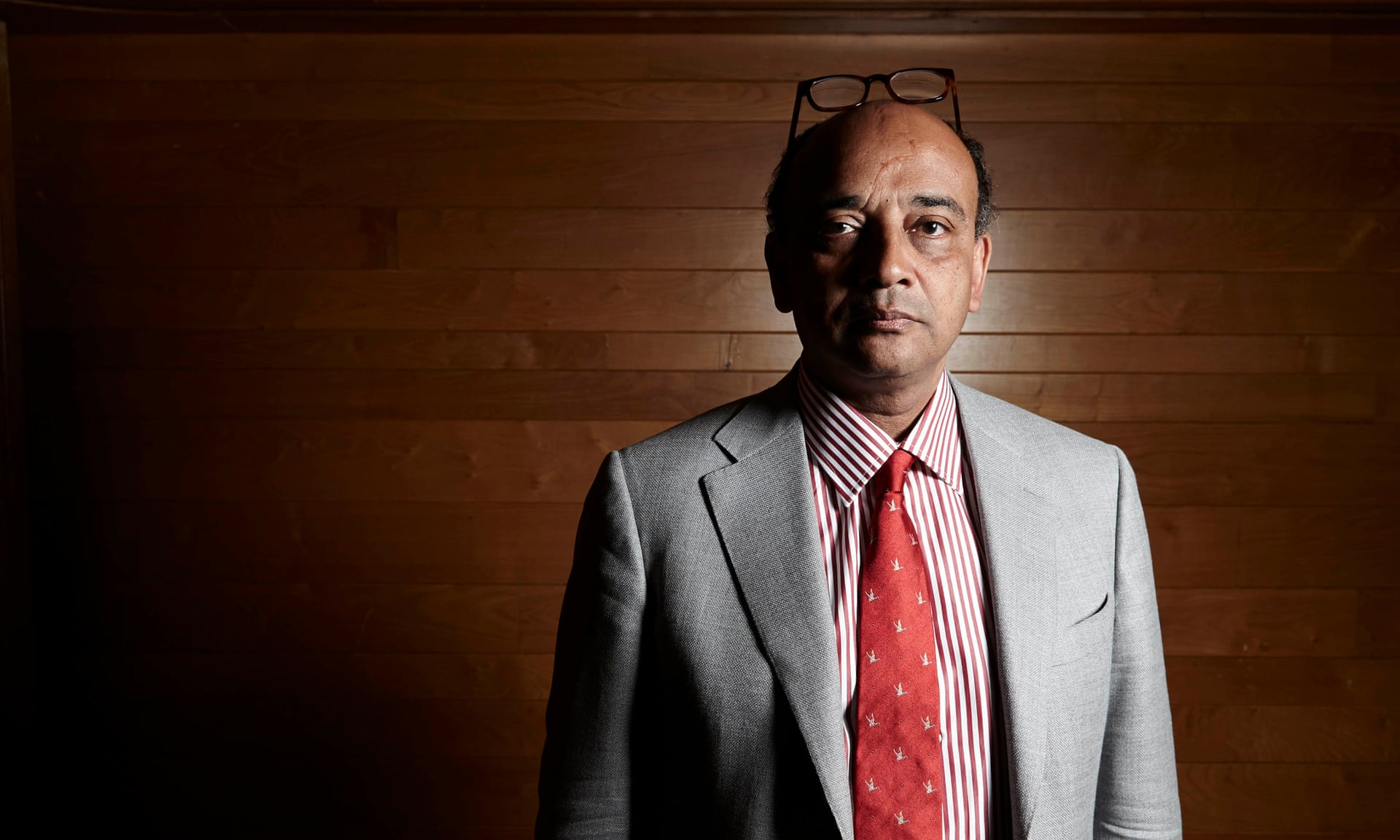The reality of being black in today’s Britain
The Guardian
2016-10-29
David Olusoga
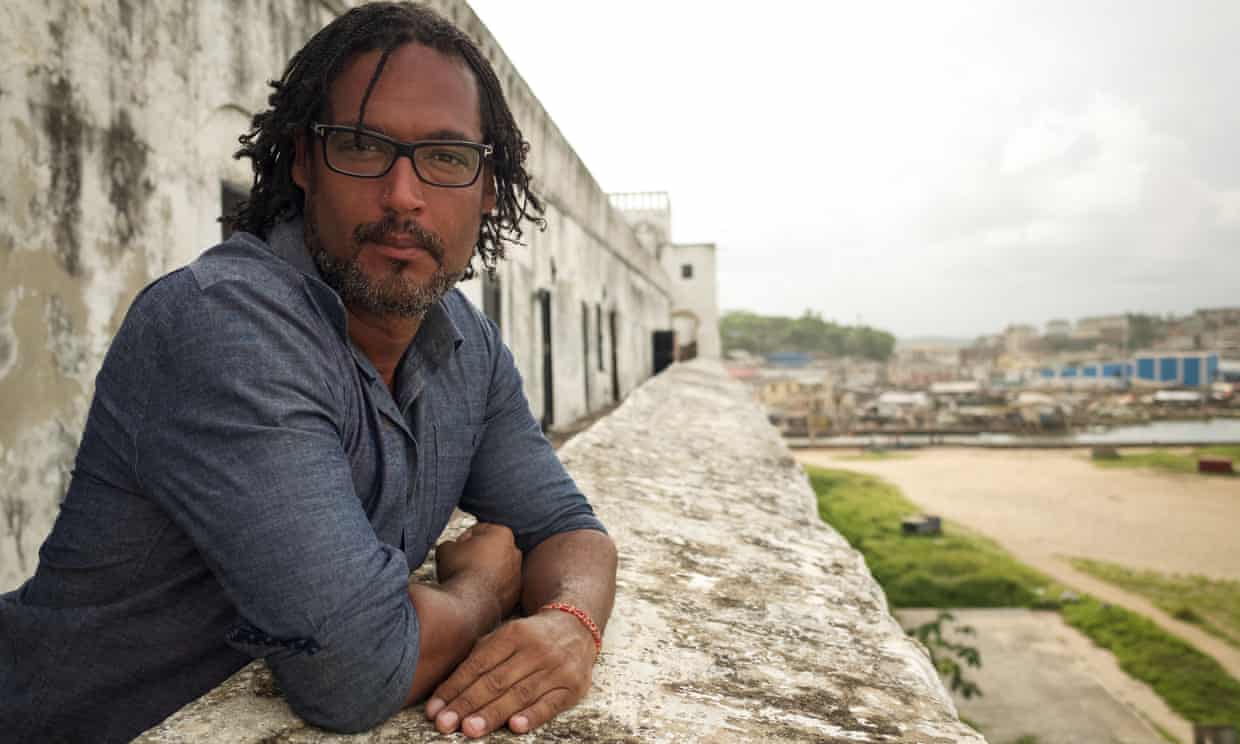
David Olusoga at El Mina, a Portuguese-built fort in Ghana. ‘Many black British people, and their white and mixed-race family members, slipped into a siege mentality.’ Photograph: BBC |
David Olusoga grew up amid racism in Britain in the 70s and 80s. Now, in a groundbreaking new book and TV series, he argues that the story of black Britons, from Afro-Roman times to the present, is key to showing the depth of their Britishness. And, while we exult in black Britons’ success in culture, fashion and sport, discrimination still blights their lives
When I was a child, growing up on a council estate in the northeast of England, I imbibed enough of the background racial tensions of the late 1970s and 1980s to feel profoundly unwelcome in Britain.
My right, not just to regard myself as a British citizen, but even to be in Britain, seemed contested. Despite our mother’s careful protection, the tenor of our times seeped through the concrete walls into our home and into my mind and into my siblings’ minds. Secretly, I harboured fears that as part of the group identified by chanting neo-Nazis, hostile neighbours and even television comedians as “them” we might be sent “back”. This, in our case, presumably meant “back” to Nigeria, a country of which I had only infant memories and a land upon which my youngest siblings had never set foot..
Read the entire article here.
